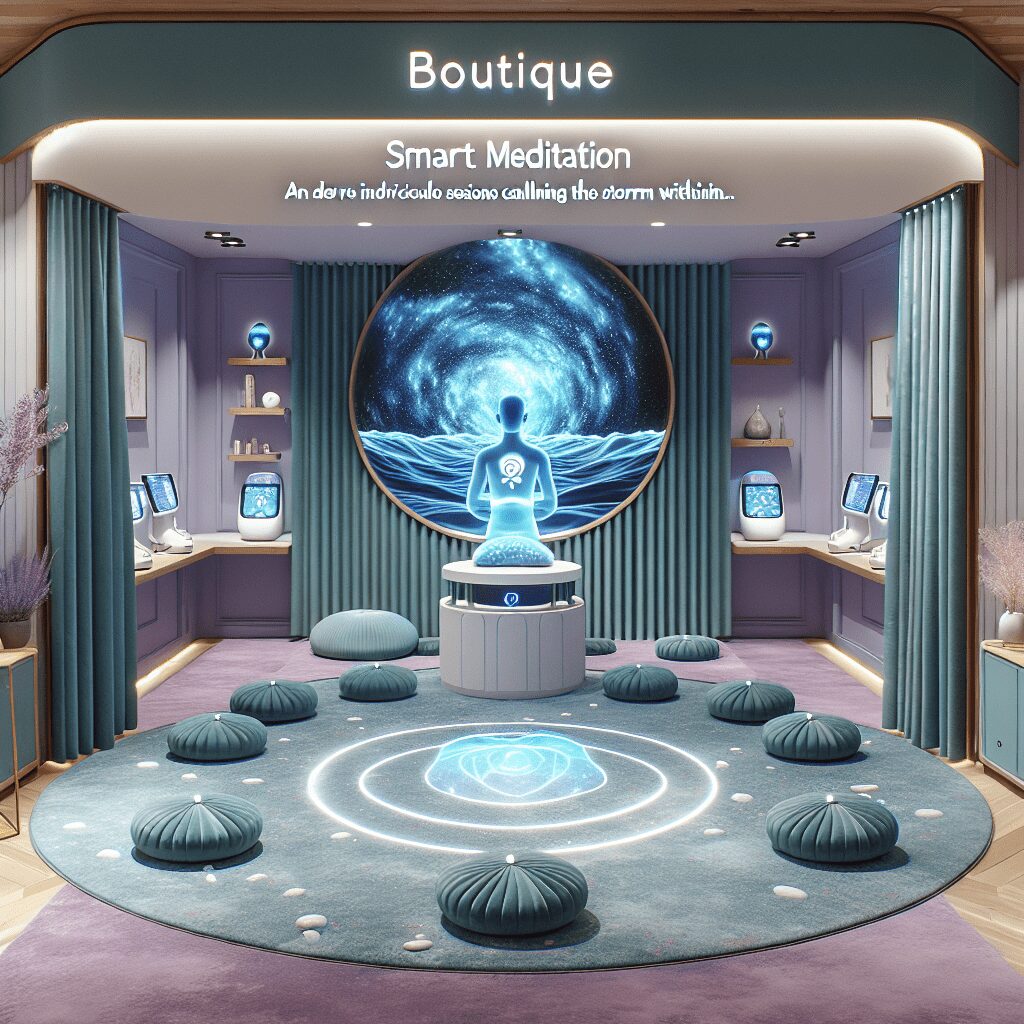
Prioritize your mental well-being daily. Enhance your life by nurturing your mental health with the Smart Meditation app. Break free from stress, alleviate anxiety, and enhance your sleep quality starting today.
What Drugs Cannot Be Taken Together With Antidepressants Antidepressants?
Navigating the Interactions of Antidepressants: What to Avoid
When it comes to managing mental health with medications, antidepressants often play a crucial role in restoring balance and providing relief. However, akin to dancing on a tightrope, achieving harmony in your system can become precarious when other substances enter the mix. It’s like trying to sync a rock band with a jazz ensemble—without the right coordination, the result can be discordant. Let’s dive into the substances that should not play in the same orchestra as antidepressants.
Mixing Medications: A Delicate Balance
First and foremost, it’s essential to understand that antidepressants, while lifesaving for many, can be quite finicky when mixed with other drugs. This isn’t just about prescription drugs; even over-the-counter (OTC) meds, herbal supplements, and recreational substances can lead to a cacophony of unwanted side effects or diminish the efficacy of your antidepressant.
1. Prescription Medication Mishmash
-
MAOIs and SSRIs/SNRIs: Combining Monoamine Oxidase Inhibitors (MAOIs) with other types of antidepressants like Selective Serotonin Reuptake Inhibitors (SSRIs) or Serotonin and Norepinephrine Reuptake Inhibitors (SNRIs) can lead to serotonin syndrome. This is a potentially life-threatening condition where the body has too much serotonin, leading to symptoms like confusion, rapid heart rate, and even seizures.
-
Benzodiazepines and Antidepressants: While not strictly verboten, this combo needs to be monitored closely. Benzodiazepines can increase sedation, leading to an increased risk of accidents or impairing cognitive functions.
-
Warfarin and Antidepressants: Some antidepressants can amplify or reduce the effect of blood thinners like warfarin, potentially leading to dangerous bleeding or blood clots.
2. Over-The-Counter and Herbal Hurdles
-
NSAIDs (Nonsteroidal Anti-inflammatory Drugs): Medications like ibuprofen or aspirin can increase the risk of gastrointestinal bleeding when taken with SSRIs or similar antidepressants.
-
St. John’s Wort: This herbal supplement can interact disastrously with various antidepressants, leading to an increased risk of serotonin syndrome among other side effects.
-
Antihistamines and Cold Medications: Some of these can interact with antidepressants to increase blood pressure or lead to sedation and brain fog.
3. The Risky Business of Recreational Substances
-
Alcohol: Mixing booze with antidepressants can exacerbate side effects like drowsiness and dizziness. In some cases, it can make depression symptoms worse.
-
Illicit Drugs: Stimulants (like cocaine or amphetamines) and hallucinogens can have unpredictable effects when mixed with antidepressants, from increasing heart rate to causing severe mood swings.
How to Safeguard Your Mental Harmony
Ensuring a safe and harmonious treatment involves a few key steps:
-
Full Disclosure: Always keep your healthcare provider in the loop about all substances you’re taking, including OTC meds, supplements, and recreational drugs.
-
Education is Empowerment: Familiarize yourself with potential interactions and side effects. When in doubt, consult your healthcare provider or pharmacist.
-
Mind the Gap: Allow adequate time between stopping one medication and starting another, especially when switching between different types of antidepressants.
-
Monitor and Report: Keep a keen eye on your body’s reactions when mixing medications or introducing new substances into your routine. Quick reporting to your healthcare provider can prevent minor issues from ballooning into major complications.
Mingling antidepressants with other substances is no light affair. It’s like being a conductor of an intricate symphony, where every player’s timing is key to creating a harmonious performance. By staying informed and vigilant, you can ensure the music of your mental health continues to play as beautifully and effectively as possible.




